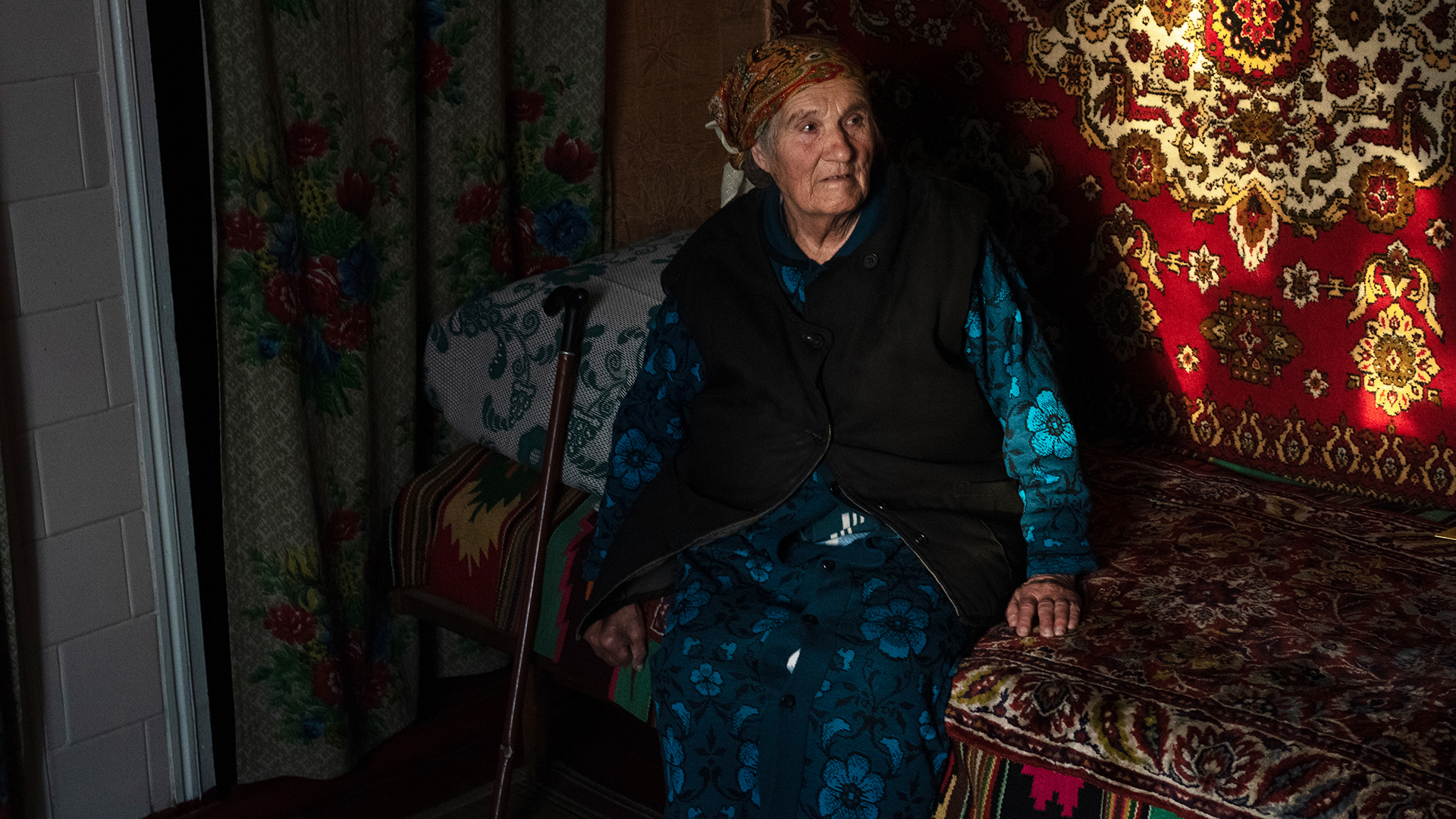The latest report by HelpAge International, ‘Learning from the experiences of older Ukrainian refugees in Poland’ has revealed distressing realities faced by older individuals in the country.
- Only 8 per cent of the 382 older Ukrainian refugees surveyed are able to pay their medical bills in full.
- Nearly 80 per cent of surveyed refugees are battling with anxiety or depression.
- 18 per cent of survey respondents do not leave their house to attend social meetings, activities or visit friends.
Since the Russian invasion on Ukraine in February 2022, Poland has faced a significant influx of Ukrainian refugees, including an unprecedented number of older refugees. Of the one million Ukrainian refugees in the country, 73,000 are older people over the age of 60.
Since then, the Polish government is responding to this massive displacement of people. Now that the emergency phase has ended, it is time to address the specific needs of older Ukrainian refugees in the long–term.


